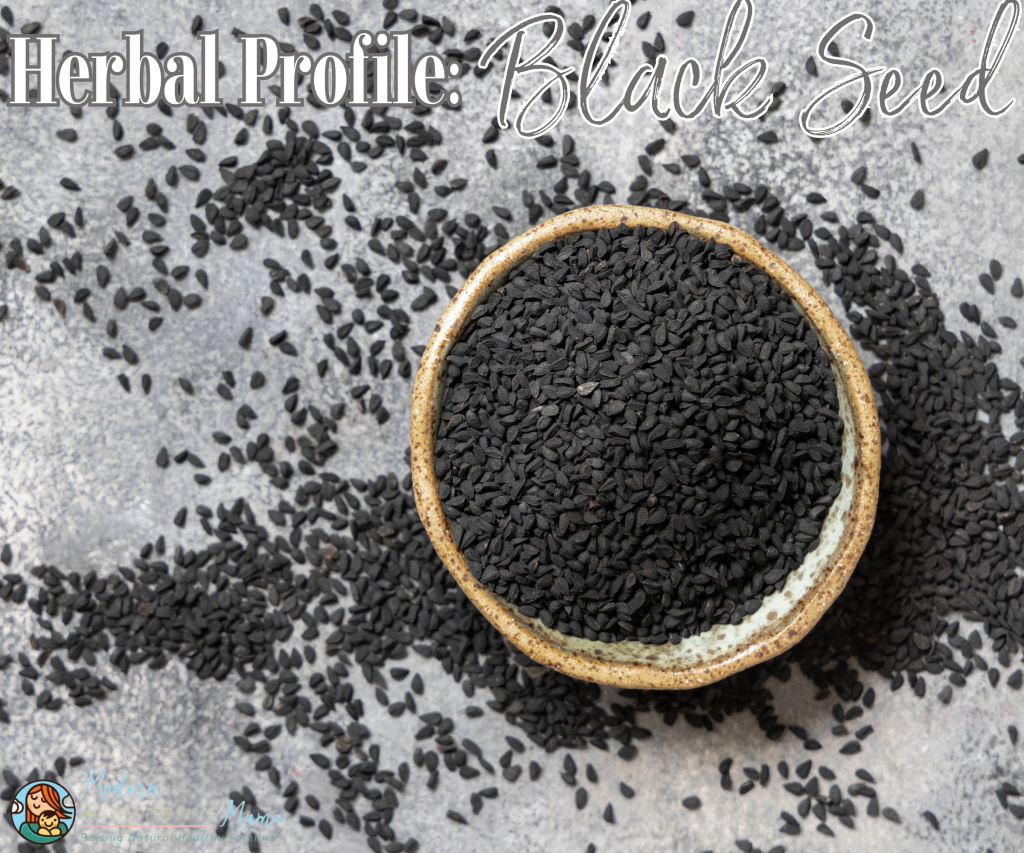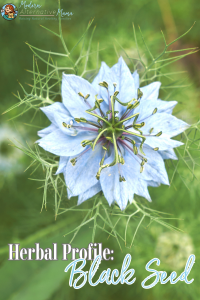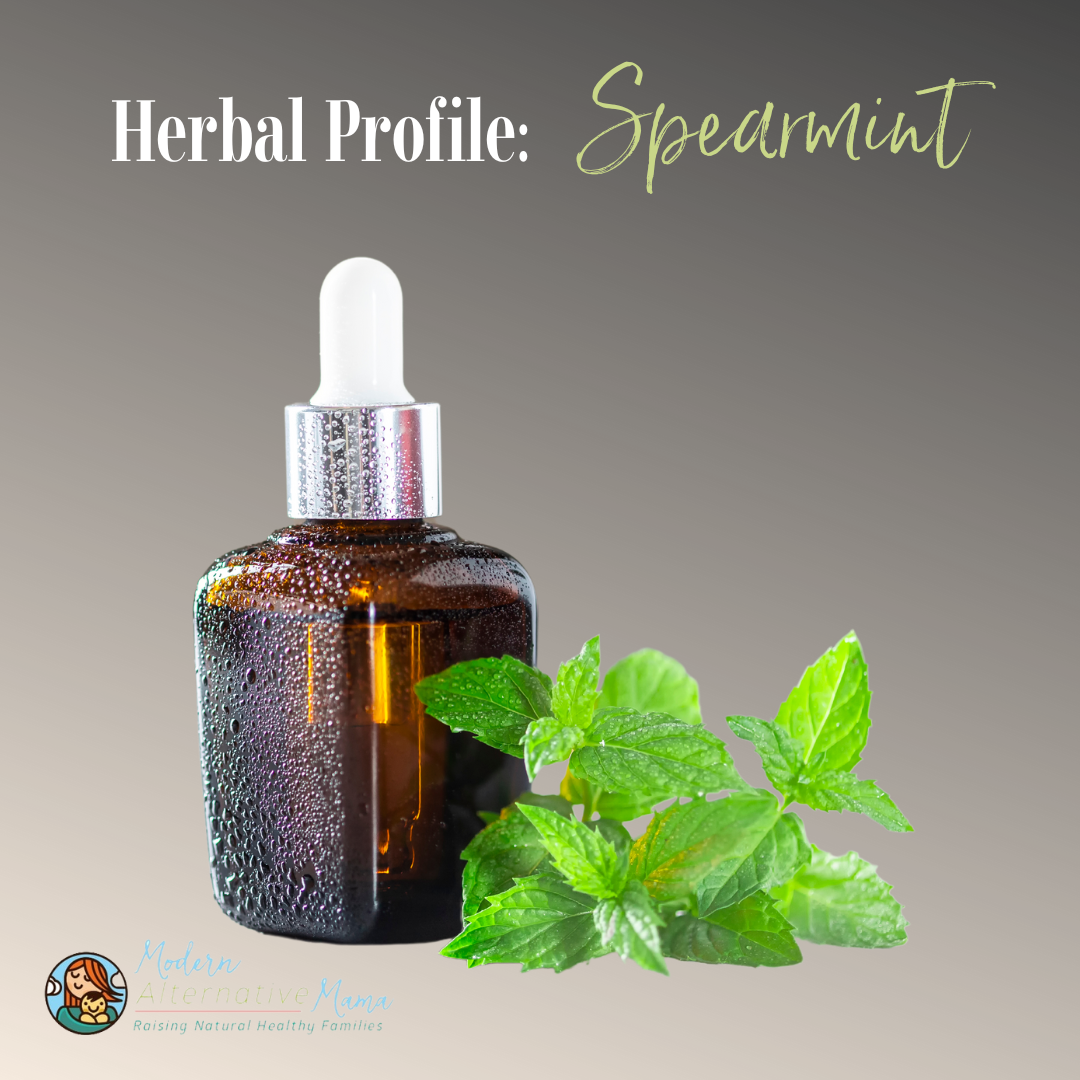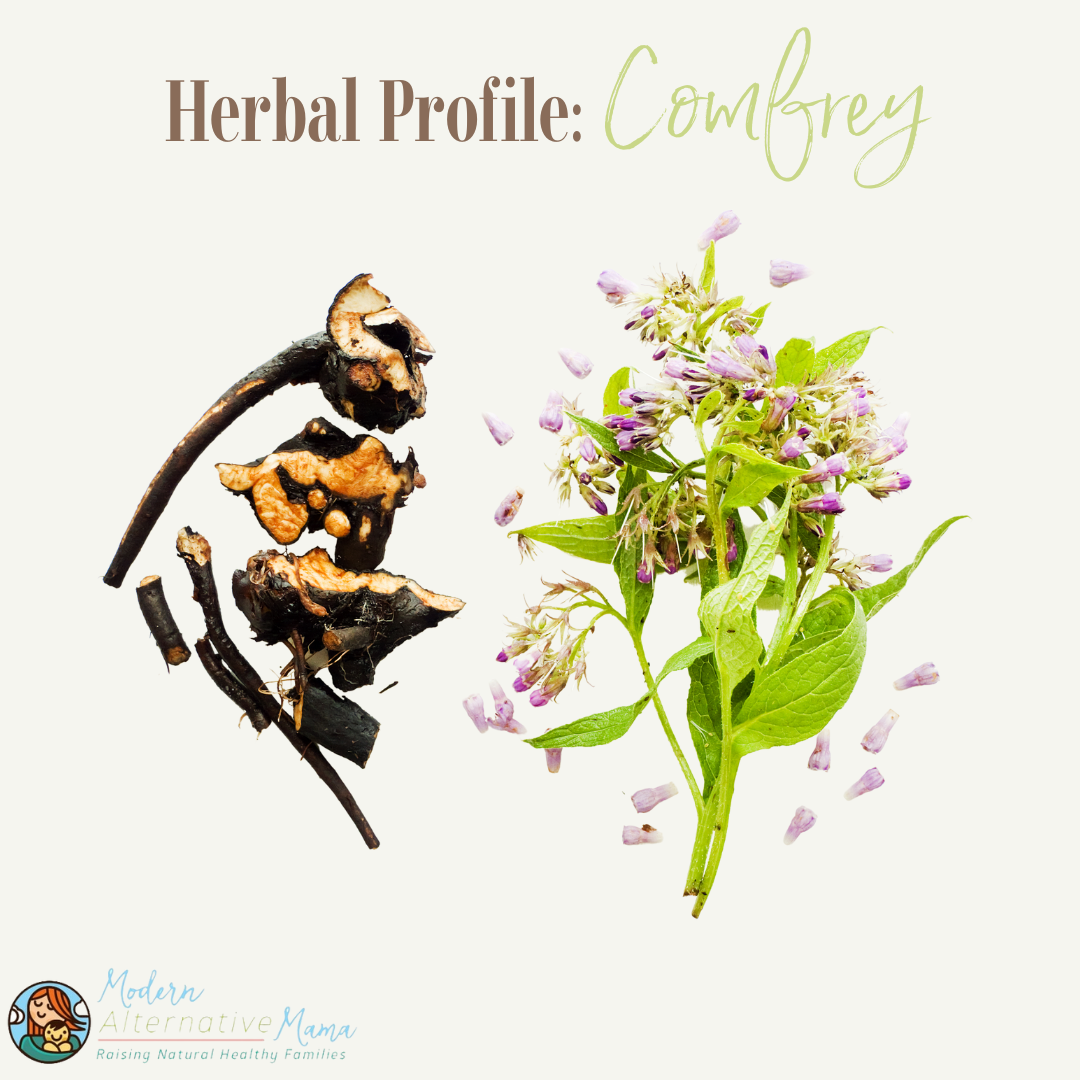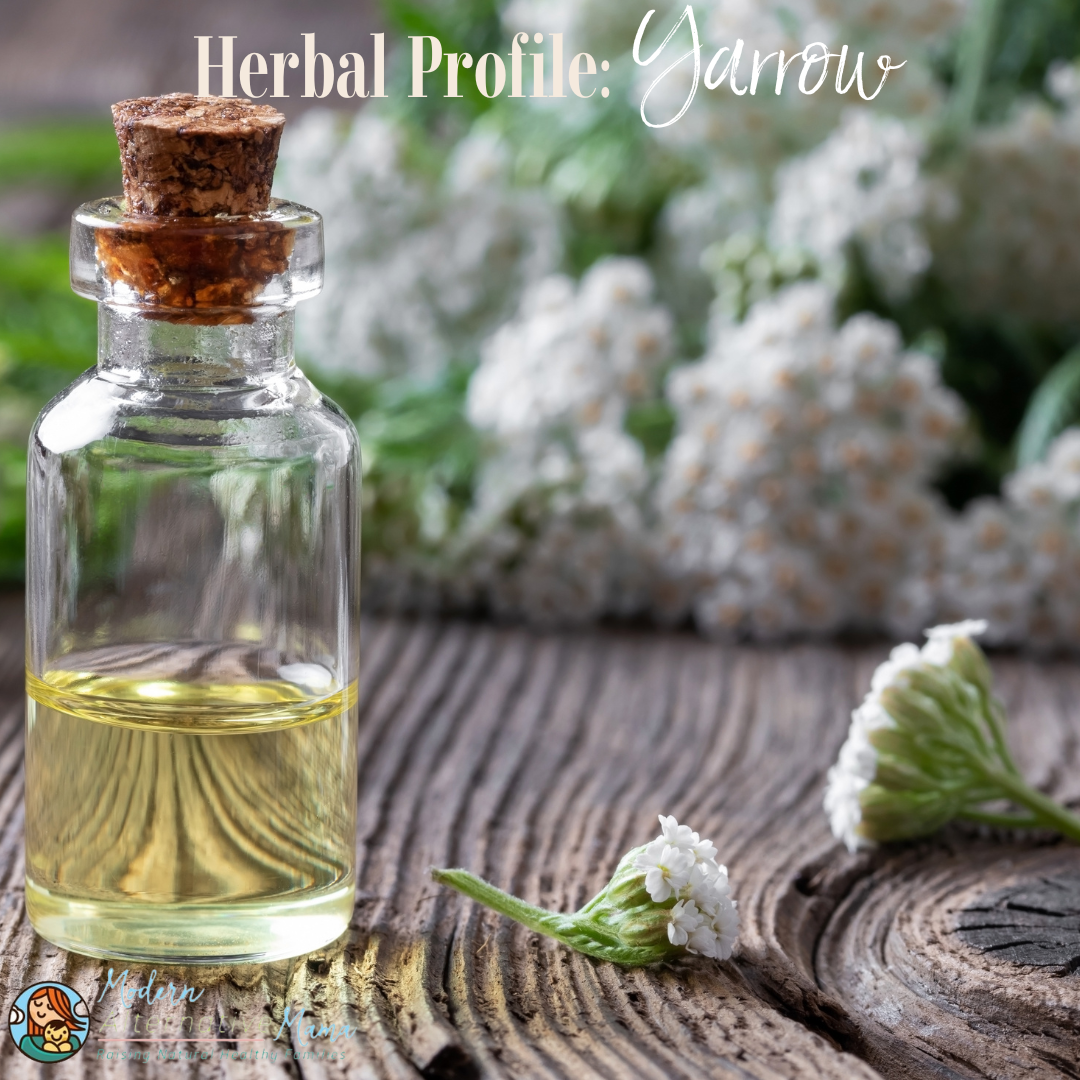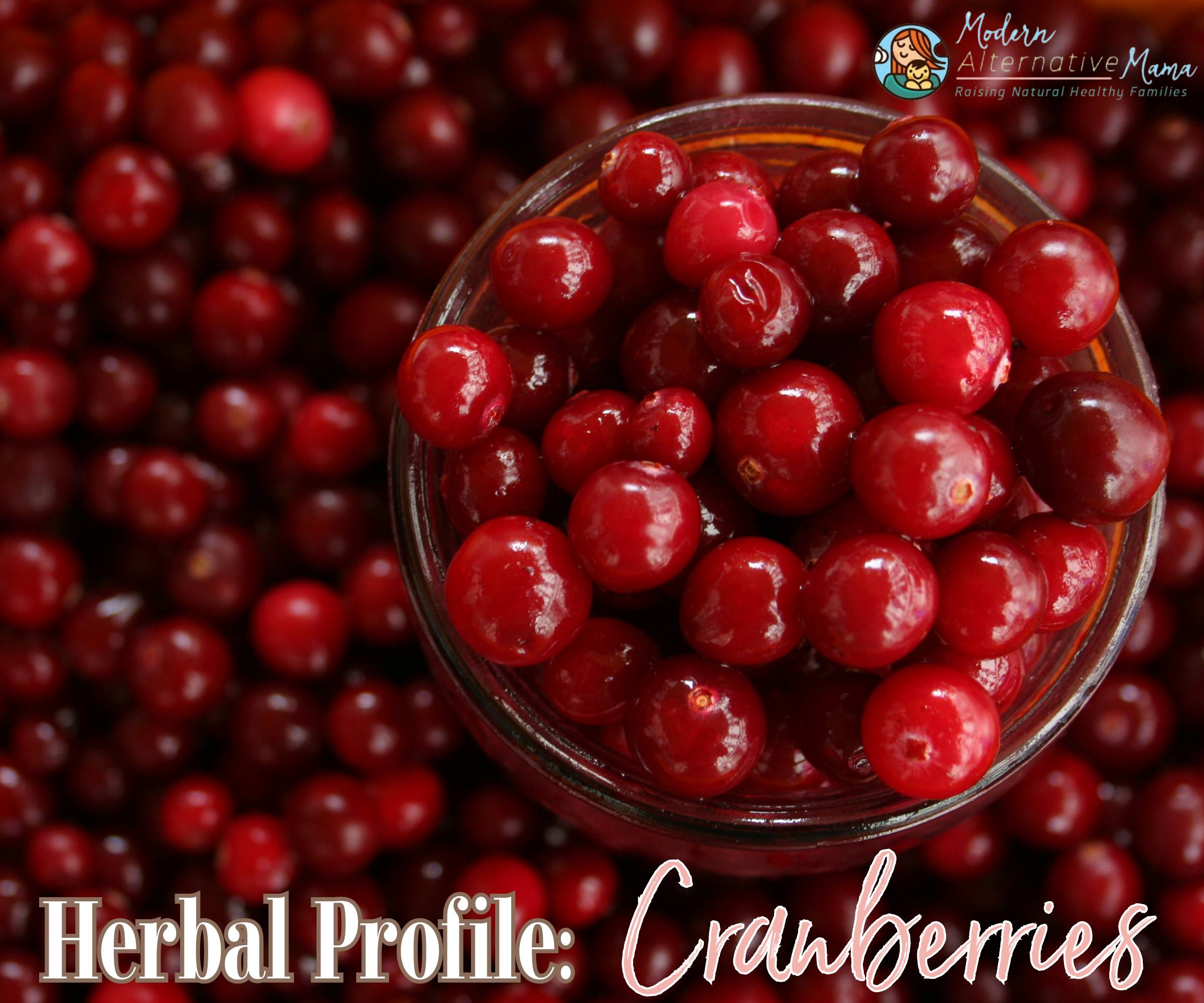What is Black Seed
Black seeds, sometimes called black cumin or kalonji, come from the Nigella sativa plant (or fennel flower). Fennel flower, not to be confused with the fennel plant fennel seeds come from, is an annual plant from the ranunculus (Ranunculaceae) family. The fennel flower grows between 8 and 24 inches tall with fine leaves connected to branched stems. The plant blooms blue and white 5-petaled flowers with black seeds fused in the middle (1). Black seeds have been cultivated and used in food and medicine for centuries in the Mediterranean and Asian regions they’re native to (2).
Health Benefits of Black Seed
Aside from the use of black seeds for centuries, they’ve recently gained popularity for their many health benefits, including but not limited to:
Antioxidant Properties
Antioxidants can help fight damage from harmful free radicals. The buildup of free radicals has been linked to chronic diseases, such as cancer and heart disease (3). One of black seed oil’s main constituents, thymoquinone, is known for its potent antioxidant and anti-inflammatory effects (4,5). One study found thymoquinone can prevent the development of oxidative stress and lower pro-inflammatory cytokine levels, making it an ideal option for managing neurological diseases (6).
Antimicrobial Properties
An antimicrobial property is when a substance, or in this case, an herb, can kill or suppress the spread of microorganisms such as bacteria, viruses, protozoans, and fungi (7). One study tested different concentrations of black seeds and identified antibacterial properties against Staphylococcus growth (8). Another study mentioned black seeds’ effects against bacteria, viruses, and fungi and the historical use of black seeds against microbial diseases without any reported side effects (9).
Antifungal Properties
An antifungal property is when a substance, or in this case, an herb, can fight the growth of specific pathogens that could harm your health, such as ringworm, athlete’s foot, tinea versicolor, toenail fungus, and jock itch (10). Aside from the previously mentioned antifungal effects, one study found black seed oil effective against some pathogenic fungi attributed to the presence of β-sitosterol, stigmasterol, oleic acid, and long-chain fatty acids (11). Another study found that black seed oil protects against Candida albicans, a yeast infection (12).
Anti-Inflammatory Properties
Aside from the already discussed antioxidant properties, black seeds also have anti-inflammatory properties. Although inflammation is a natural bodily response, chronic inflammation can lead to detrimental health effects. Chronic inflammation has been linked with many diseases, such as type 2 diabetes, asthma, and certain cancers (13). Studies have found that black seeds inhibit low-grade inflammation and pro-inflammatory factors, including nitric oxide (14).
Promotes Respiratory Health
Chronic lower respiratory diseases, such as asthma and COPD, are the sixth leading cause of death in the United States (15). These respiratory diseases often require controlling inflammation for proper respiratory health management (16,17). Studies have successfully used black seeds to manage asthmatic symptoms. One study found black seed oil’s thymoquinone content helps reduce inflammation and relax airway muscles (18). Another study found black seed supplementation increased asthma control test (ACT) scores (19).
May Promote Heart Health
Unfortunately, heart disease is the world’s number one cause of death (20). Due to the incredibly complex determinants of heart disease and various possible contributions, it’s hard to pinpoint an exact way to prevent it. Still, you can at least take steps to lower your overall risk. That’s where black seeds may come in.
Several studies have linked black seeds to reducing blood pressure and cholesterol levels, both important factors in reducing the risk of heart disease. One study found supplementing 10 grams of black seed oil after breakfast reduced LDL (bad) cholesterol levels in participants with high cholesterol (21). Other studies have found taking 2-3 grams of black seed oil significantly reduced LDL and total cholesterol levels when supplemented for 8-12 weeks (22,23). Another study found supplementing black seed oil reduced blood pressure levels when taken twice daily for 8 weeks (24).
May Help Control Diabetes & Blood Sugar Levels
As of 2020, 34.2 million (1 in 10) Americans have diabetes, and another 88 million (1 in 3) Americans have prediabetes (25). On the bright side, studies have found black seeds can lower blood sugar levels (26). One study found supplementing black seed oil for 20 days reduced hemoglobin A1c (HbA1c) levels in type 2 diabetes (27). Several other studies found supplementing 2 grams of crushed black seeds for 2-3 months can significantly decrease fasting blood sugar levels and hemoglobin A1c (HbA1c) levels in type 2 diabetics (28,29)
May Support Brain Health
Brain health refers to cognitive health, motor functions, emotional functions, and tactile functions. Brain functions may decrease across several areas as we age due to neurological conditions like Alzheimer’s, Parkinson’s, or even amyloid plaques (30). Parkinson’s, Alzheimer’s, dementia, multiple sclerosis (MS), and other brain diseases are associated with inflammation (31,32,33). Thankfully, black seeds may help protect against these conditions.
Black seed’s compound thymoquinone has antioxidant effects ideal for managing and even preventing neurological diseases. In vitro studies have found black seed’s compound thymoquinone can reduce neuroinflammation (34,35,36). Animal studies had similar findings (37). The reduction of neuroinflammation may protect against and even improve neurological diseases like Alzheimer’s and Parkinson’s. One human study found 500 mg of black seed supplementation significantly improved memory, attention, and cognition in elderly participants who took it twice daily for nine weeks (38).
May Improve Acne
Statistics say one in three Americans will struggle with skin conditions (39). Acne is a skin condition occurring when your hair follicles become clogged with dead skin cells and oil (40). Thankfully, black seeds have positive dermatological effects (41). In human studies, using a black seed topical gel significantly improved acne severity and lesions when used twice daily for 60 days (42). Additionally, black seeds have wound-healing properties (43).
May Improve Skin Health
Aside from improving acne, black seed has well-documented dermatological effects for improving several skin conditions like psoriasis, eczema, and vitiligo. A series of case studies found black seed oil reduced psoriasis symptoms when applied topically (44). In another study, topical application of black seed oil was as effective as mainstream solutions at reducing eczema severity when used twice daily for four weeks (45). A final study found applying a black seed oil cream improved pigmentation in vitiligo patients when applied twice daily for six months (46).
May Aid In Weight Loss
Weight management is a challenge for most people in the U.S., with more than 70% of American adults being overweight (47). Excess body weight is a common contributor to type 2 diabetes, the most common type of diabetes. Being overweight increases your risk for type 2 diabetes, heart disease, and stroke (48). One study found obese patients given 1 gram of black seed oil with each meal of their low-calorie diet experienced a significant decrease in weight and waist circumference (49). In another study, overweight or obese patients supplementing 2,000 mg of black seed oil for eight weeks experienced decreased appetite and reduced body mass index, body weight, waist circumference, and body fat (50).
Anticancer Properties
Statistics say that 158.3 of every 100,000 individuals will die from cancer, but what if they didn’t have to (51)? Thankfully, several studies indicate black seeds’ cancer-fighting properties. In vitro studies have found black seed oil’s thymoquinone content has anticancer effects that help control the growth and spread of several types of cancer, including oral, prostate, breast, pancreatic, and more (52,53). Although black seed oil’s effects have not been tested on humans, there’s no harm in using it as part of a cancer treatment plan.
Safety Concerns
Mainstream sources aren’t anti-black seed, which is shocking. They state that black seed is commonly consumed in foods and is possibly safe when taken in larger amounts for up to three months. They claim there isn’t enough reliable information to know if larger amounts are safe when used for over three months. They also warn that black seeds can cause allergic rashes in some people and stomach upset, vomiting, or constipation (54).
Although trusted herbalist Richard Whelan doesn’t have a safety profile on black seed, there is plenty of evidence of its safety profile. The mainstream claims there’s insufficient reliable information, but the studies shared throughout this herbal profile prove otherwise. A comprehensive review of the phytochemistry, health benefits, molecular pharmacology, and safety of black seed, which included over 300 sources, proves it’s safe and effective (55).
How to Use Black Seed
You can find black seed in dried bulk, pills, powders, extracts, or tinctures. Tinctures usually contain the most concentrated amount of herbs. Teas and soups are also options, especially when following Ayurvedic medicine recipes. If you’re a DIY person, some great starter recipes are:
- How to Make an Oil Extraction (With Almost Any Herb) – to make your own black seed oil
Follow the recommendations of any supplement; some of my recommendations include:
- Earthley’s Black Liver Oil is designed to support your whole body, focusing on liver health and natural detox. Our livers are our body’s detox organs — they help to filter, break down, and eliminate toxins on their own. But sometimes they can use a little bit of support! We combine hemp seed oil, black seed oil, and key herbs to give your liver what it needs to do its job well — and make your whole body healthier!
Disclaimer: This post is not intended as medical advice. These statements have not been evaluated by the FDA, and nothing in this post is intended to diagnose, treat, or cure anything. If you have questions, please do your own research or seek advice from a health professional.

